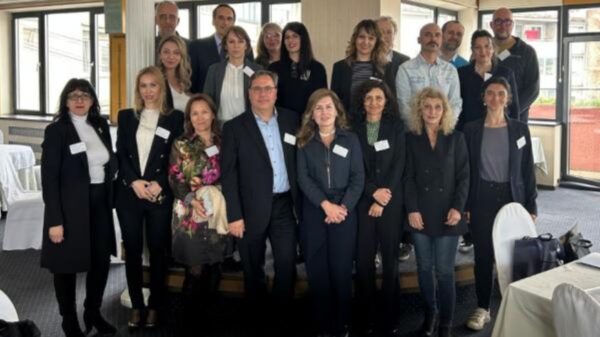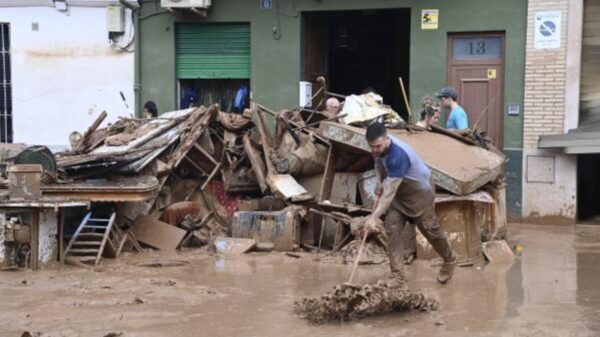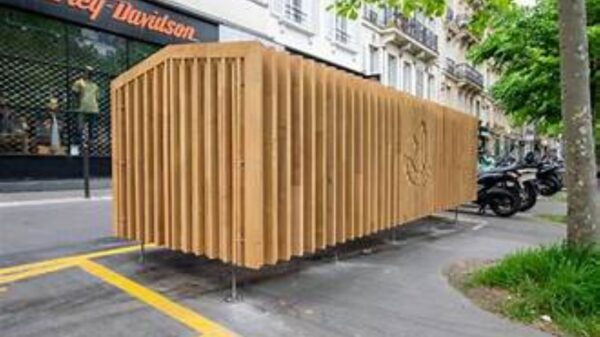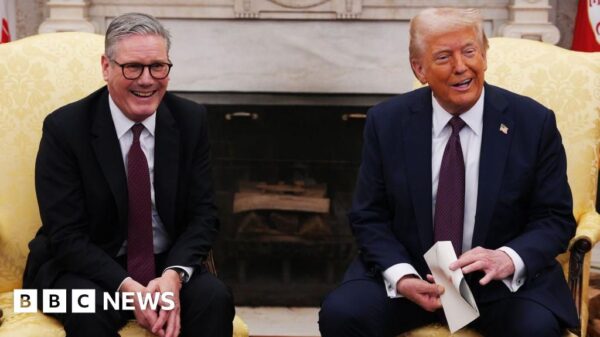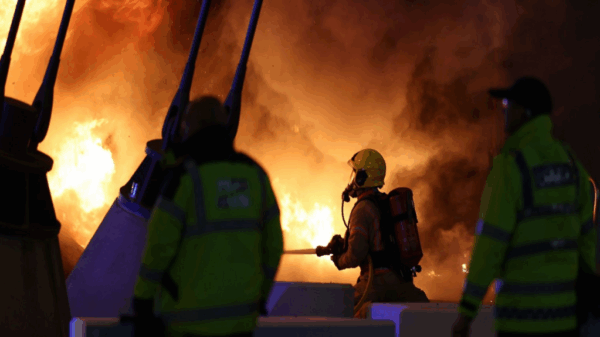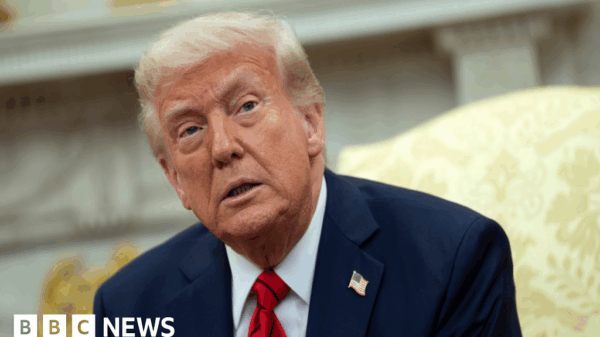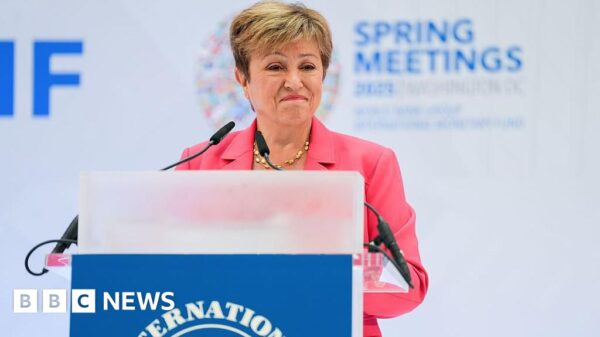Kazakhstan is charting a reform course that will reverberate beyond its borders as it seeks to boost economic growth and attract foreign investment, writes Murat Nurtleu.
The plan, outlined by President Kassym-Jomart Tokayev in his State of the Nation address earlier this month, provides a clear vision for the country’s development over the next three years and will have broader ramifications for regional development and cooperation.
Strategically located at the intersection of Europe and Asia, Kazakhstan has long been a crucial nexus for transportation and trade. Indeed, over 80% of goods bound for Europe from China and Central Asia, measured by volume, pass through Kazakhstan.
Our new economic agenda places significant emphasis on investments in infrastructure and logistics along the International North-South Transport Corridor, which connects India and Europe, and the Trans-Caspian International Transport Route, also known as the Middle Corridor, which connects China and Europe via the Caspian Sea and countries including Turkey, Georgia and Azerbaijan.
Both routes go through Kazakhstan but will not be significant just for our country but also pivotal for fostering international trade and cooperation between Europe and Asia.
Shipments along the Trans-Caspian Route could potentially see a fivefold increase in the medium term. Last year, cargo transshipment through this channel doubled to around 1.7 million tons. Over the first five months of 2023, cargo traffic rose another 64% from the same period last year.
The president has announced plans to increase the Middle Corridor’s throughput capacity to 500,000 shipping containers a year by 2030. The route is about 2,000 kilometers shorter than the Northern Corridor, which passes through Russia. This should cut transit times between China and Europe.
To facilitate further development of the Trans-Caspian Route, we are planning for a new dry port at Bakhty, a border crossing with China. We are also fast-tracking the development of a container hub at the Caspian port of Aktau and expanding port capacity in the Black Sea along the Middle Corridor. Construction of Kazakh-focused terminals in Xi’an, China, and Poti, Georgia, is in progress. Several new domestic train lines are to be built as well.
The expansion of transcontinental trade routes should not be misinterpreted as the beginning of a new Great Game of geopolitical rivalry. As President Tokayev emphasized in his address, the key to unlocking our full transport potential lies in maintaining constructive and amicable relations with all neighboring countries, including both Russia and China.
Kazakhstan posted a record trade volume of $136 billion last year, including $84 billion in exports. Although resource extraction remains our primary economic pillar, diversification is a significant priority.
Last year, the country attracted $28 billion in foreign direct investment, a new high. To encourage more inflows, foreign and domestic investors working in processing industries could soon be granted a three-year tax exemption.
We also intend to invite three foreign banks to establish operations in Kazakhstan to intensify competition in the banking sector and get more financial institutions involved in corporate lending and financing economic projects.
We recognize that excessive state involvement in the economy can hamper innovation and competition. As a remedy, our agenda includes plans for the privatization and stock market listing of a number of state companies, particularly in noncore sectors, to enhance market efficiency.

President Tokayev has reiterated a commitment to green economic growth in line with global sustainability and environmental stewardship efforts. Our country is investing in renewable energy sources such as solar and wind, as well as emerging technologies like hydrogen production. Furthermore, the president has proposed holding a national referendum to gauge public opinion on whether to construct the country’s first new full-fledged nuclear power plant since independence.
Over the past five years, the share of renewables in our total energy output has risen to nearly 5%, and we plan to add another 1.4 gigawatts of renewable capacity by 2027. As green finance gains global importance, we aim to establish Kazakhstan as a regional center for green financing through the Astana International Financial Centre.
Digitization is another cornerstone of our strategic approach. Kazakhstan aspires to evolve into an IT-centric nation and unlock new avenues for technological cooperation. Our country has the potential to serve as a platform for supplying computing power to international players.
To achieve this, we intend to introduce incentives to attract investment in the construction of large-scale data centers. Draft legislation is to be developed in consultation with industry experts to outline the guiding principles for digitization. We will also support joint ventures with major foreign companies in line with the government’s ambitious goal of doubling IT service exports to $1 billion by 2026.
Concurrent with the economic reform program, political changes have been made to better balance governmental powers and enhance civic participation to enhance political stability. Presidential powers have been scaled back and presidents are now limited to serving a single seven-year term.
The country’s elected parliament has gained increased influence and is becoming more diverse, with the inclusion of more parties and the implementation of a new framework under which 30% of members are now elected from single-member districts. The general election held in March saw a notable increase in independent candidates vying for seats in parliament and local bodies.
The government itself is also being significantly restructured and enhanced with the creation of new ministries and cabinet posts. Some new ministers come from the private sector and have extensive experience in their respective fields.
In summary, our economic reforms, guided by the president’s vision of Just Kazakhstan, aim to contribute to the creation of a more balanced, sustainable and globally integrated economy. The road ahead is likely to be complex and require sophisticated policy decisions.
As we move forward with cautious optimism, the international political and business community should take note and collaborate with us to support this development program, which promises to not only transform Kazakhstan but also contribute to a more interconnected global future.
Murat Nurtleu is the deputy prime minister and foreign minister of Kazakhstan.

